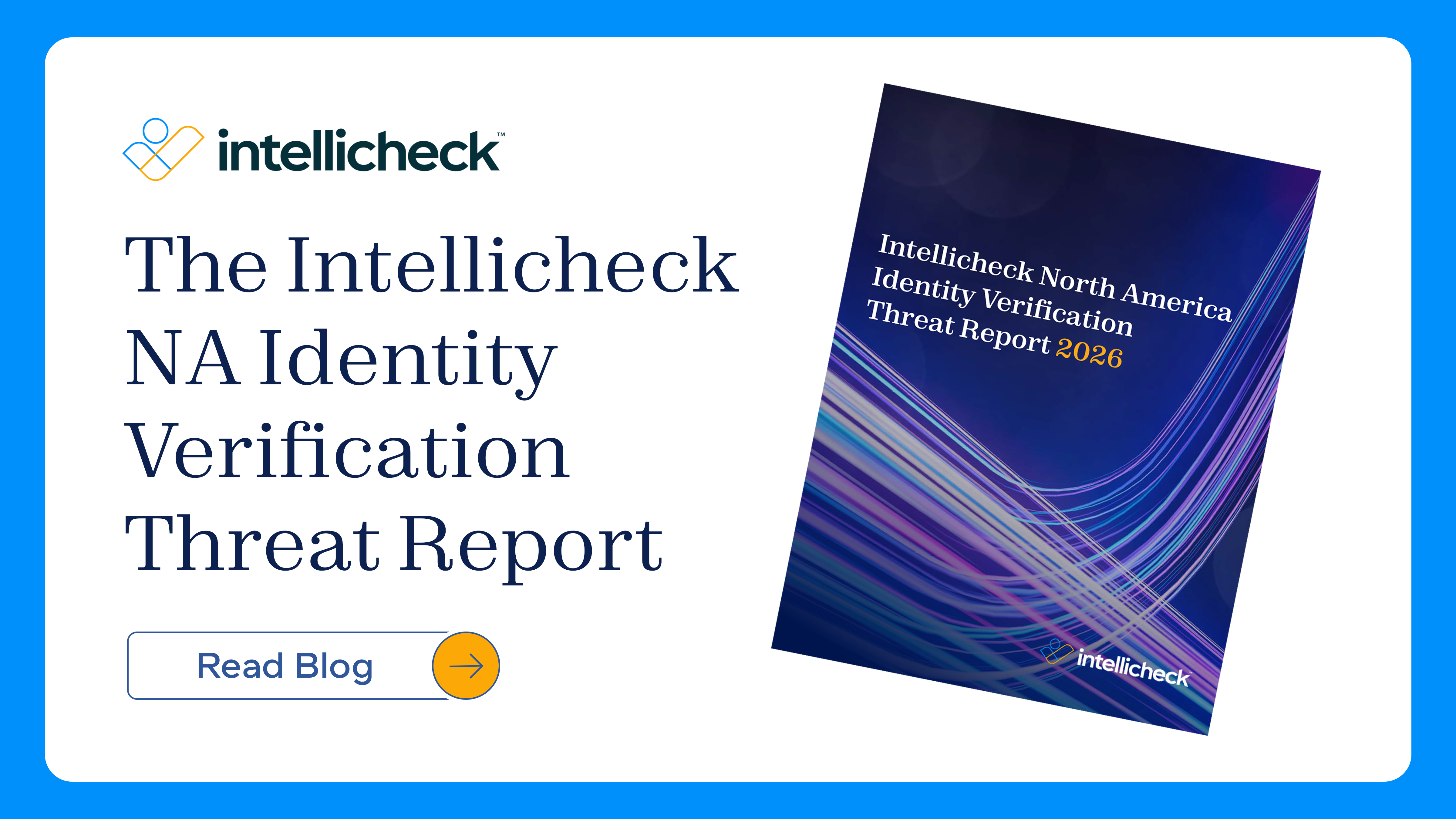Last week, my Intellicheck team joined over 11,000 fintech leaders from 85 countries at Money20/20 USA in Las Vegas, and the message was unmistakable: the industry has crossed the threshold from exploration to execution. Under this year's theme "Create the Future," the conversations weren't about what fintech could be but what we're actively building right now.
From Potential to Practice: The Infrastructure Moment
If there was a defining theme throughout the four days, it was that fintech's most important innovations are happening beneath the surface. This is what Money20/20 calls The Age of Infrastructure, with discussions focusing on how legacy payment rails are being challenged by real-time settlement networks and core banking systems are being rebuilt on cloud-native platforms.
The conversation has matured significantly. We're no longer debating whether to modernize our tech stacks—we're debating how to do it at scale while maintaining security, compliance, and customer trust. Sessions emphasized that infrastructure decisions directly shape the customer experience, reminding us that the backend work we do today determines the products we can launch tomorrow.
AI Moves from Hype to Implementation
Artificial intelligence dominated the agenda, but with a notable shift in tone. Sessions were less focused on potential and more on execution, with this year's agenda focusing on how AI is being embedded in operations like underwriting, risk, payments and business finance. The question is no longer whether AI belongs in financial services, but how to deploy it responsibly at scale.
A marquee session titled "Beyond Legacy Systems: Building the AI-Powered Financial Tech Stack of Tomorrow" signaled that AI is fast becoming foundational architecture. The implications are profound—AI isn't a feature we're adding to existing systems, it's becoming the foundation upon which we're rebuilding financial services from the ground up.
Particularly exciting were discussions about AI's role in small business finance, where generative AI is transforming cash flow management, lending decisions, and operational insights. This democratization of sophisticated financial tools could be genuinely transformative for smaller enterprises historically lacking access to advanced analytics.
Digital Assets Find Their Use Case
After more than a decade of hype, the sentiment around crypto is shifting, with the long-promised utility of stable coins and tokenized assets beginning to take shape. What's changed? The conversation has moved from speculation to practical application.
Panels brought bankers and policymakers together to debate what mainstream adoption could look like and what rules will be needed to support it. Executives from Ripple, Bank of America, and Thunes spotlighted how real-time and cross-border payments are powering global financial inclusion and competitiveness.
Fiserv was honored with a Diamond Award for their work in democratizing stable coin access, demonstrating that major infrastructure players are now actively building bridges between traditional finance and digital assets. The infrastructure is maturing, regulatory frameworks are taking shape, and real use cases are emerging.
Trust as a Competitive Advantage
A consistent thread emerged throughout the event: innovation only matters if it's built on a foundation of trust. The rise of regulator tech and proactive compliance represents the shift from reactive firefighting to embedding trust into every layer of the experience.
This isn't about compliance as a checkbox—it's about making trust a core product feature. The companies that will win in this next era aren't just the ones with the best technology but those who can deploy that technology responsibly, transparently, and with genuine consideration for customer well-being.
Looking Forward
"Money20/20 USA 2025 reflected an industry ready to lead, not follow," said Tracey Davies, Global President of Money20/20." The conversations in Las Vegas showed that fintech innovation has shifted from concept to impact".
I left Las Vegas energized and optimistic. The forged partnerships, technologies being deployed, and problems being solved are positioning financial services for a genuine transformation. We're not just discussing the future anymore—we're actively creating it.
I’m also more confident than ever in Intellicheck’s strategy. We are applying AI to improve our identity verification detection and make it easier for our users. For example, we can eliminate glare when taking a picture of a license and adjust for bad alignment using AI. Additionally, our new Doc Liveness service was trained on millions of real and fraudulent documents to identify and keep up with advances in fraudulent identity creation.
The foundation for any financial transactions is trust. Identity Verification is the first step in establishing that trust. As financial fraud becomes more sophisticated, integrating Identity Verification in your account openings, hiring, and high-risk transaction workflow is more important than ever. My SVP of Customer Experience outlined its importance in a recent blog post, Customer Experience Starts with Trust: Why Identity Verification Matters More Than Ever.
Intellicheck was named a leader in the IDC MarketScape: Worldwide Identity Verification in Financial Services 2025 Vendor Assessment. They recognized our scale, performance, and deployment options. Our strategy is delighting our customers, impressing analysts, and demonstrated well at Money20/20. Thank you to my employees, customers, and those who visited us at the show. I’m looking forward to speaking with you again soon.


.png)
.png)



